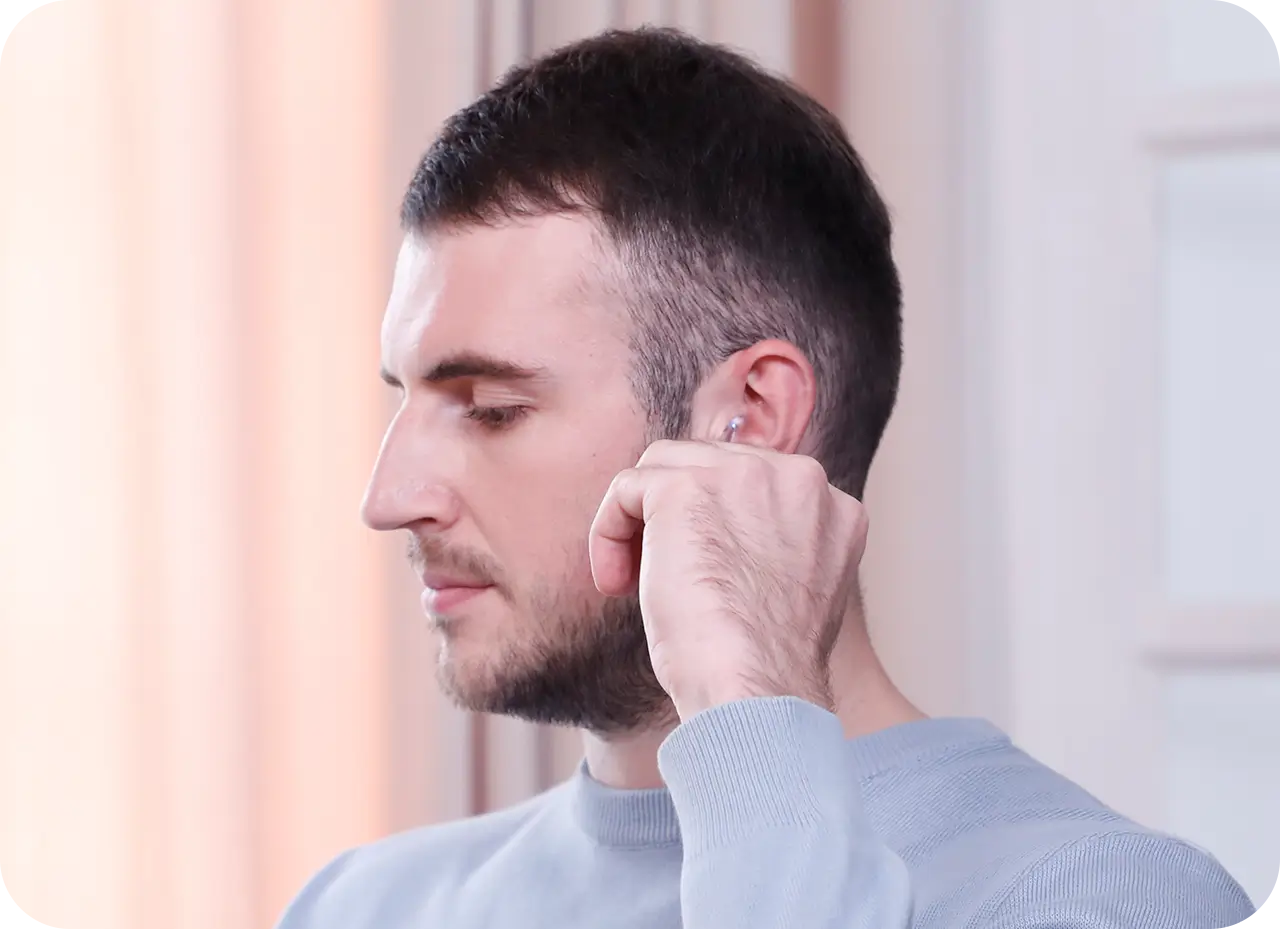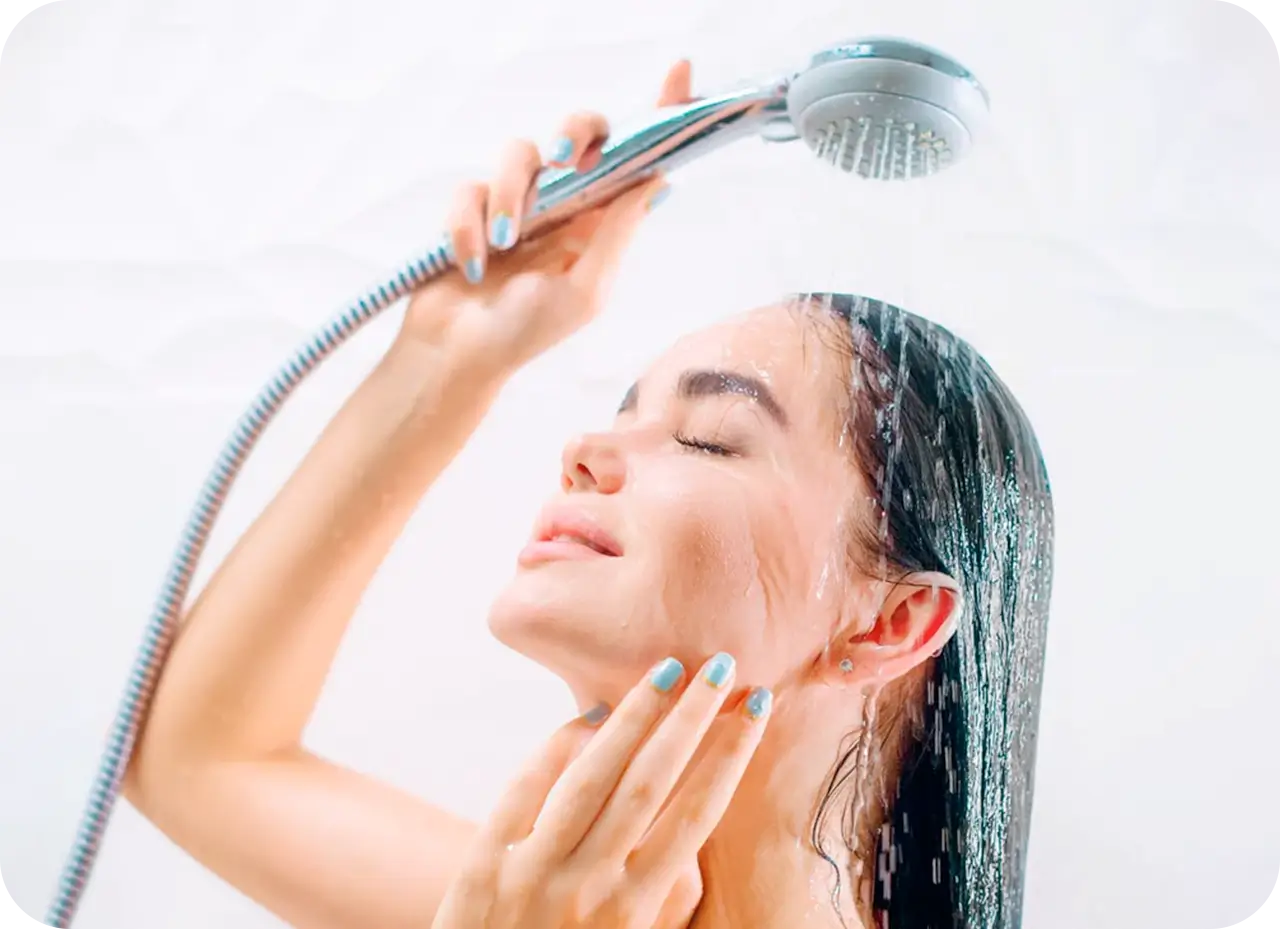Let’s be real—most people don’t think about cleaning their ears until something goes wrong. While your ears are pretty good at cleaning themselves, sometimes they need a little extra help. If you don’t take care of them, you could end up with wax buildup, earaches, or even infections.
In this article, we’ll talk about how to clean your ears safely, when you should do it, and the best tools to use so you don’t make things worse.
Why Cleaning Your Ears Is Important
You might think earwax is just gross, but it actually serves a purpose. It helps protect your ear canal from dust, dirt, and bacteria. But when too much builds up, it can cause problems. Here’s why keeping your ears clean matters:
-
Prevents Blockages: If too much earwax piles up, it can block your ear canal, making it harder to hear. That’s no fun, especially if you’re trying to focus or have a conversation.
-
Improves Hearing: When your ears are clear, sound waves travel easily to your eardrum, which means better hearing. No one likes muffled sounds or missing important conversations.
-
Avoids Infections: Wax can trap bacteria and moisture in your ear, which could lead to infections. Keeping things clean helps reduce that risk.
-
Reduces Discomfort: A buildup of earwax can cause itching, discomfort, or even pain in your ears. Regular cleaning helps you avoid those annoying issues.
In short, cleaning your ears is all about keeping them healthy and making sure you’re hearing your best. But remember, overdoing it or using the wrong methods can do more harm than good.
Related: How to Stop Ear Bleeding After Cleaning?
How Do I Know If My Ears Need Cleaning?
Not sure if your ears need a clean-up? Here are a few signs that might mean it’s time to give them some attention:
-
You Feel Blocked Up: If your ear feels stuffy or you notice a sensation of fullness, it could be due to a buildup of wax. It’s like when you have a clogged nose—it’s uncomfortable and annoying.
-
Hearing Is Off: If you’re finding it harder to hear clearly, earwax might be the culprit. When wax blocks the ear canal, sound waves can’t travel properly, leading to muffled hearing.
-
You’ve Got an Itchy Ear: If you’re constantly itching or poking at your ear, it might be a sign that there’s too much wax in there, or that your ear is irritated from it.
-
Pain or Discomfort: If you’re feeling pain or pressure in your ear, it could mean the wax is pressing against your eardrum, or there might be an infection starting up.
-
Funky Smell: A foul smell coming from your ear is never a good sign. It could indicate a buildup of wax, bacteria, or even an infection. If you notice a persistent odor, it’s worth learning more about the causes and treatment methods discussed in “Ear Wax Smell: Symptoms, Causes, and Treatment,” since ear odor can often signal an underlying issue that needs attention.
If any of these sound familiar, it might be time to clean your ears—but be careful. Over-cleaning or using the wrong methods can cause more harm than good. If you’re not sure, it’s always a good idea to check with a healthcare professional.
How Often Should Ears Be Cleaned?
For most people, ears don’t need constant cleaning. Your ears are actually pretty good at cleaning themselves, as the ear canal naturally pushes out old wax. Unless you notice a buildup or feel some discomfort, you don’t need to worry too much about cleaning them. Cleaning every couple of weeks should be more than enough.
When it’s time to clean, using the right tools makes all the difference. A camera ear cleaner is a great choice for safely cleaning your ears. These tools let you see inside your ear as you clean, so you can avoid any accidental damage and make sure you’re only removing what’s necessary. Just be careful not to overdo it—too much cleaning can actually disrupt your ear's natural cleaning process and lead to more buildup.
Best Ways to Clean Your Ears
There are several methods for cleaning your ears, but it’s important to choose safe and effective techniques to avoid damage to your ear canal or eardrum. Here are the best ways to clean your ears:
Natural Cleaning
· Warm Water: The most natural way to clean your ears is using warm water. You can tilt your head and let warm water run into your ear canal during a shower, allowing the wax to soften and eventually drain out.
· Ear Drops: Over-the-counter ear drops can soften earwax and help it come out naturally. These drops are typically made of mineral oil, glycerin, or carbamide peroxide.
Using Camera-Assisted Earwax Removal Tools
For those seeking a more professional ear cleaning experience at home, earwax removal tools with built-in cameras are a game-changer. These advanced ear wax cleaning tools let you visually inspect your ear canal and remove earwax with precision, ensuring you don’t accidentally push wax further in or injure the ear canal.
How It Works: These tools typically come with a small camera and a soft cleaning tip. The camera displays live images on your smartphone, allowing you to see inside your ear and guide the cleaning process. This approach is as close to professional ear cleaning as you can get without leaving the house.
Advantages
· Precision: You can see exactly where the wax is and carefully remove it without damaging your ear canal.
· Safety: Since you’re visually guided, you’re much less likely to push wax deeper or cause injury.
· Convenience: Many camera-equipped tools are portable and easy to use at home, providing a safer, more effective way to clean your ears.
If you’re interested in a high-quality, camera-assisted ear cleaning experience, Bebird offers one of the best ear cleaning tools on the market. Their devices come with a high-definition camera, making it easier to perform a professional-level ear cleaning from the comfort of your own home.
Visiting an ENT Professional
If you're unsure about cleaning your ears yourself or have persistent earwax buildup, visiting an ENT specialist is always a safe choice. They can use professional tools to clean your ears effectively and safely, ensuring no harm is done to the delicate structures inside the ear.
Why Do My Ears Get Dirty So Fast?
If you feel like your ears get dirty more quickly than others, you're not imagining it. Some people naturally produce more earwax, which can lead to faster buildup. Stress, diet, and even genetics can affect how much wax your ears make.
Besides that, environmental factors also play a role. If you spend a lot of time in dusty or polluted areas, more dirt and debris can get trapped in your ears, leading to quicker wax buildup.
Another big factor is using earbuds or headphones. While convenient, they can push wax deeper into your ear canal, making it harder for your ears to naturally clear it out. Lastly, the shape of your ear canal matters too—some people have narrower or more curved ear canals, which can make it easier for wax to get stuck and build up.
If you notice your ears getting dirty quickly, it could just be how your body works. But using an ear wax cleaning kit can help manage the buildup and keep your ears feeling fresh. Tools like a camera ear cleaner included in these kits make it easier and safer to remove wax without pushing it further in.
Conclusion
Cleaning your ears is an essential aspect of ear health, but it should be done carefully and not too frequently. The ear is naturally self-cleaning, and in most cases, a gentle approach once or twice a month is sufficient. Using the right tools, such as ear cleaning solutions or camera-assisted earwax removal devices, can make the process safer and more effective. However, if you're unsure or experience discomfort, it’s always wise to seek professional help from an ENT specialist. Maintaining proper ear hygiene will help you avoid complications and keep your hearing sharp and clear.
Related: How to Avoid Itching When Wearing Hearing Aid Domes?
















Leave a comment
All comments are moderated before being published.
This site is protected by hCaptcha and the hCaptcha Privacy Policy and Terms of Service apply.